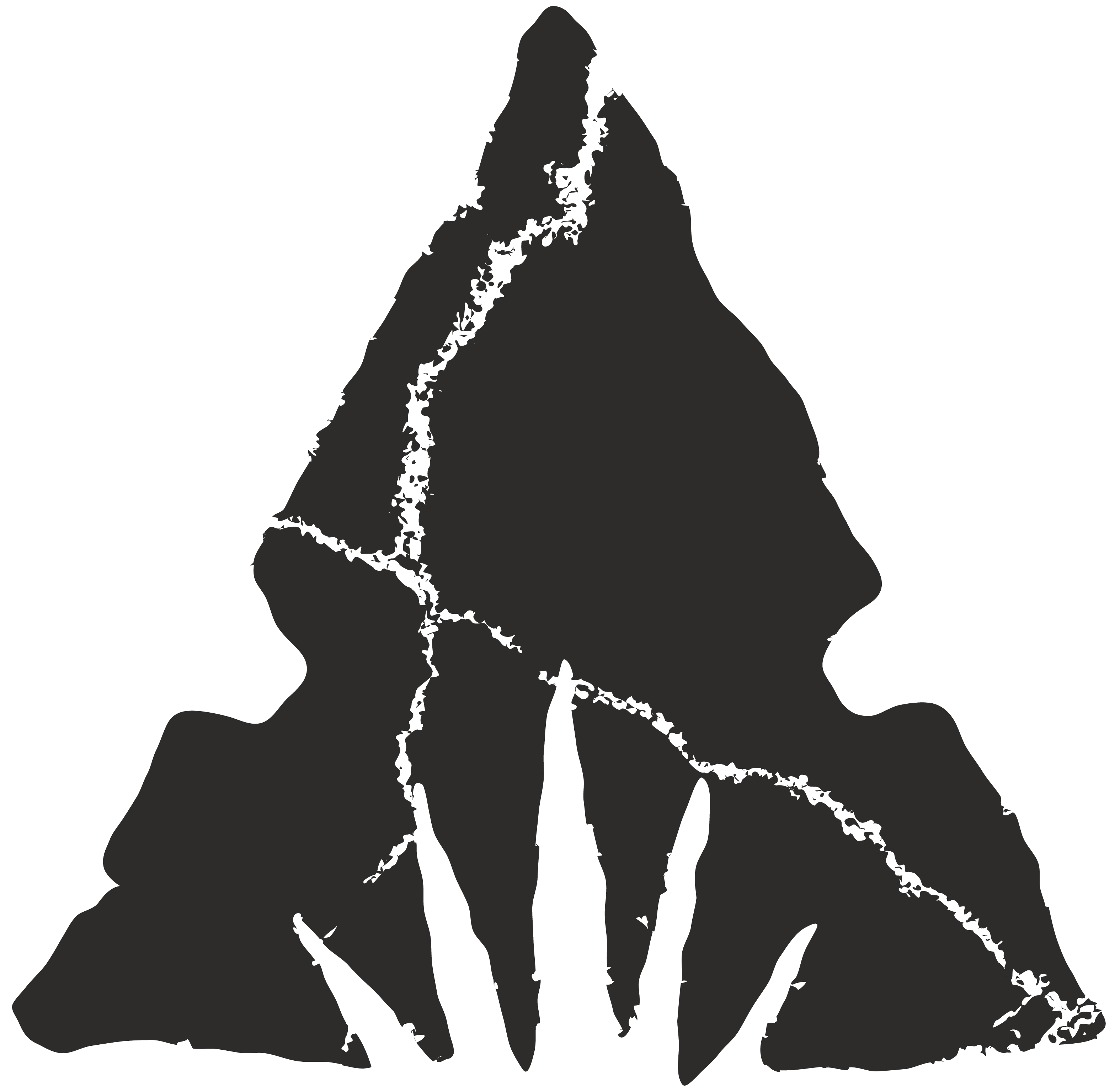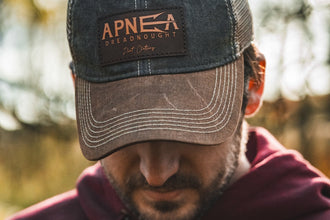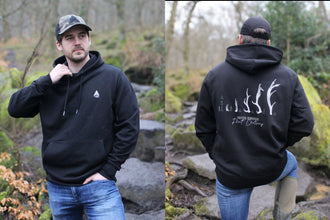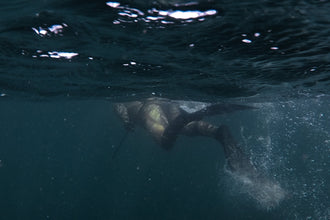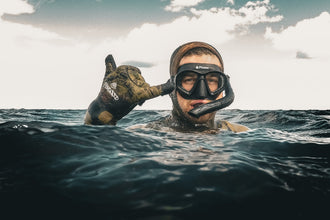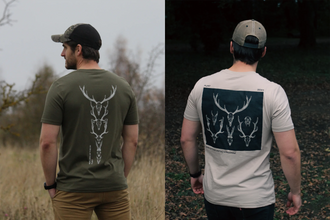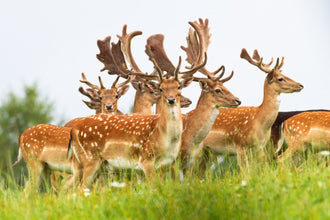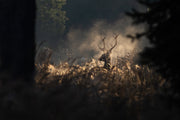
Ethical and sustainable hunting is by no means a new practice. For as long as humans have hunted, there have been those who have chose to follow ethical and sustainable hunting practices.
The ethics of hunting has drawn much media attention in recent years. We believe a great deal of misplaced anger has been directed towards some hunters due to a lack of awareness of what principles are followed during a hunt. Part of Flint's vision is to raise awareness of ethical and sustainable hunting practices around the world and the benefits to the environment and the quarry hunted as a result.
Broadly speaking, all hunters who consider themselves ethical and sustainable hunters will adhere to the guiding principles below.
Fair chase
A key tenet for ethical hunting is to respect the concept of a fair chase. Human dominance over the food chain and our unmatched ability to develop tools means that it is technically possible to make it very easy to track and harvest animals from the wild. The concept of fair chase ensures that the game have a fair chance of evading the hunter, and in many cases, the odds of evasion are stacked heavily in the preys favour.
In disciplines such as deerstalking, for example, the deer will be untracked with radio collars and free roaming. A hunter must therefore dedicate time to learning the habits of the deer and their environment to understand where they are likely to encounter an animal. For disciplines such as spearfishing, it is illegal to use surface lungs or oxygen tanks, hunting must be done on a single breath.
The level of dedication required to effectively hunt with unfavourable odds develops an unrivalled level of reverence between the hunter, quarry and environment.
Shot placement & quick dispatch
Fundamental to ethical hunting is the hunters ability to minimise suffering to the prey. This is achieved by taking all reasonable steps to place a shot in a position so that the animal is dispatched quickly and humanely.
Steps include regular shooting practice to develop and maintain the ability to accurately shoot in various weather conditions, temperatures, distances, shooting positions and elevations. No ethical hunter will attempt a shot they are not confident will achieve a clean kill. Before hunting, a weapons zero will be checked and when lining up a shot, the hunter will wait for the animal to present itself so that a clean shot can be identified. A safe backstop will be identified so that, should the shot pass through the prey, or in the unlikely event the prey is missed, the risk of collateral damage is minimised.
Take only what you need
Many animal stocks on land and in the sea have been adversely affected by over-harvesting. Some have been brought back from the brink, whilst others are still endangered or altogether extinct. It is avoidable. Sustainable hunters take only what they need, nothing more. Many governments around the world help guide this principle with cull, bag and size limits for wild meat and fish. Following this principle helps to preserve the natural breeding stock to maintain a safe population, keeping the balance of nature in check and preserving the rewarding experience of hunting for those who come after us.
Respect dispatched quarry
All ethical and sustainable hunters have a responsibility to the dispatched quarry to ensure as much of the harvest as reasonably practicable is utilised. Whether its meat for the table, bones for stock, fat to be rendered into cooking oil or hide for leather. Even the off-cuts can be used for dog food. Following this principle ensures that no part of the animal goes to waste unnecessarily, minimising the negative environmental impact and waste.
Respect the habitat
A well-preserved habitat is paramount to a healthy ecosystem and a sustainable animal population. It is the responsibility of every hunter not only to preserve the environment they hunt in, but to improve it for the quarry they hunt and the people who will hunt after them. A hunter should leave no trace of their presence after a hunt. Taking all waste and materials with them, as well as removing other waste if encountered. Breeding areas are usually avoided to preserve the next generation.
Obey the law
Wherever a hunter finds themselves, there is probably going to be laws governing their discipline of hunting. These may restrict the time of year or day which a hunter may be actively hunting, restrict the gender, size or age of quarry which can be harvested or the type of weapon and hunting method permitted. These laws exist for good reason, to preserve the quarry, environment and future of hunting for everyone involved. Ethical and sustainable hunters will adhere to these laws because they understand that responsible management is key to preserving this privilege for future generations.
